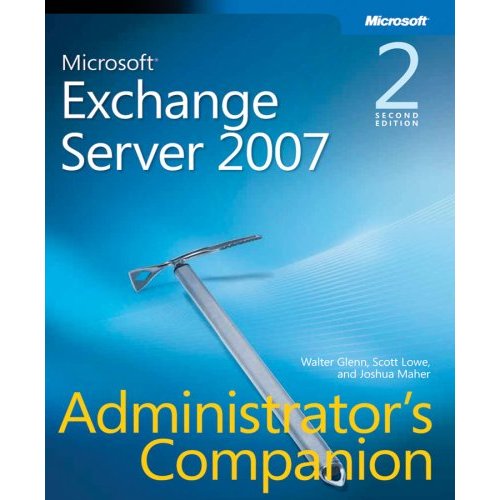I was recently contacted by Seattle 2.0 to be a judge for a new award activity. I was intruiged by the idea and quickly signed up. Of course I was asked to post about the event and help spread the word (the word is below)…
Before I get there, I wanted to comment on the interesting observation about all of these tech awards and demo events that are getting more and more popular in the tech community. It is obvious that they all are introspective and exclusive to the tech community. It is less obvious that this lack of publicity is a contributing factor to a decline in enginuity from US born/raised citizens.
Everywhere we look these days we see studies of US engineering capabilities declining, US business enginuity declining, modern innovation from the US declining, and all of the people with extra money dumping some of that money into the school system to prevent these declines. In fact a story today about the gates foundation putting in another $7.2M into the Seattle School system. Amazing that we can continue to dump money into our school systems as well as start trying things like standardized testing and charter schools etc – yet we still turn around and spend the real money the billions per year congratulating actors, singers, etc on their acheivements for capturing the largest audience with their art. This with no thought in mind that the amount of money spent and the audience captured for these ceremonies is what inspires teenagers to drop out of school to join a band, throw up a YouTube video and strike it rich. The message is that we value entertainers and artists far more than ethical business people and truly innovative creations (no wonder when we grow up and try business after a failed garage band we resort to creative accounting & lending – creativity makes money).
I am not saying that art and entertainment is not valuable. I certainly appreciate art, listen to music, and watch movies!! I am saying that national and global awards seem to be missing the attention to things like the Nobel Prize – um where is the red carpet, prime time show for those awards – the Pulitzer Prize – do your kids even know what this prize is for – or even more local events that pay tribute to the amazing startup technologists or product designer. Ok, maybe the Seattle 2.0 awards aren’t a replacement for the Nobel Prize or the Emmy’s – but it’s recognition like this – recognition of true acheivement that our younger generation is lacking. There is no reason to pursue great acheivement from a young age, no public role models, no cultural norm of appreciation for acheivers. Yet our schools continue to try and give our kids the tools for great acheivement. These kids aren’t in acting classes, they aren’t in batting practice, they aren’t in singing class – they are in classes to learn math, science, etc – so why don’t we at least give them a few roads to use these tools.
Yes, it is hard to force someone down a road with those tools, but showing them where the roads are is THE biggest step in the right direction. So why don’t you show your kids the roads they could travel with the tools they are learning in school, why don’t you let them make heros out of smart people with ambition, why not take the time to bring your kids to an award ceremony where hard work is recognized. Show them that acheivement at innovation and passionate pursuit is valuable….
Why not take them to the Seattle 2.0 award ceremony this year?
Re-posted from the Seattle 2.0 blog:
Startup life is hard. Startup life during a down economy is harder. Entrepreneurs don’t found, join, invest in, or work with a startup to make their lives easier. They do it to make meaning. They do it to change the world. They do it to fulfill an inexplicable desire to make things better, faster, smarter and easier.
Today, I am proud to announce the first annual Seattle 2.0 Awards – a series of awards to recognize the people and companies who make the Seattle startup community happen.
We have a great website to the awards, and you can start nominating your favorite individuals and companies as of today for the next 2 weeks. After that, a panel of 30 of the most influential CEOs, founders, investors, service providers, journalists and bloggers in Seattle will select the top 3 on each category. Then we’ll open for public voting until late April.Join us as Seattle 2.0 hosts the awards ceremony at Pacific Science Center on the evening of May 7 with food, drinks, and a chance to spend time with the people you care about in the startup community. There will be a startup showcase and master of ceremonies, Renay San Miguel (King 5/NWCN), will be announcing the winners in each category.As always, we are very open to ideas and feedback on how to make this award prestigious, the event pleasurable and the overall idea a success so that we can keep honoring the best of the best every year. Registration for the event will open shortly.A special thanks to our early sponsors: Kismet Communications, Fenwick & West and Sampa, and our media partner Mashable.








